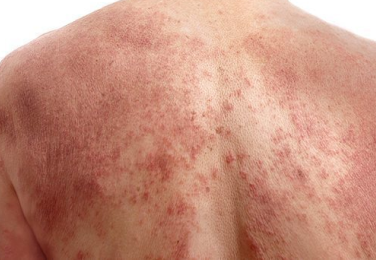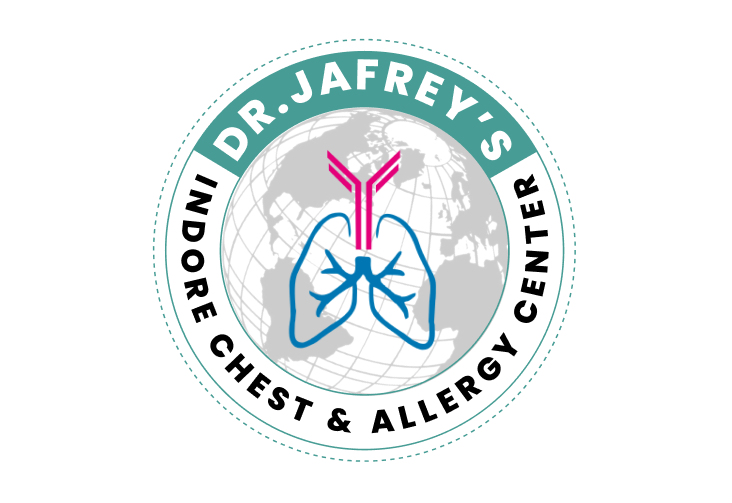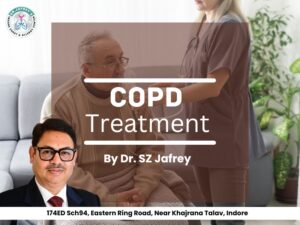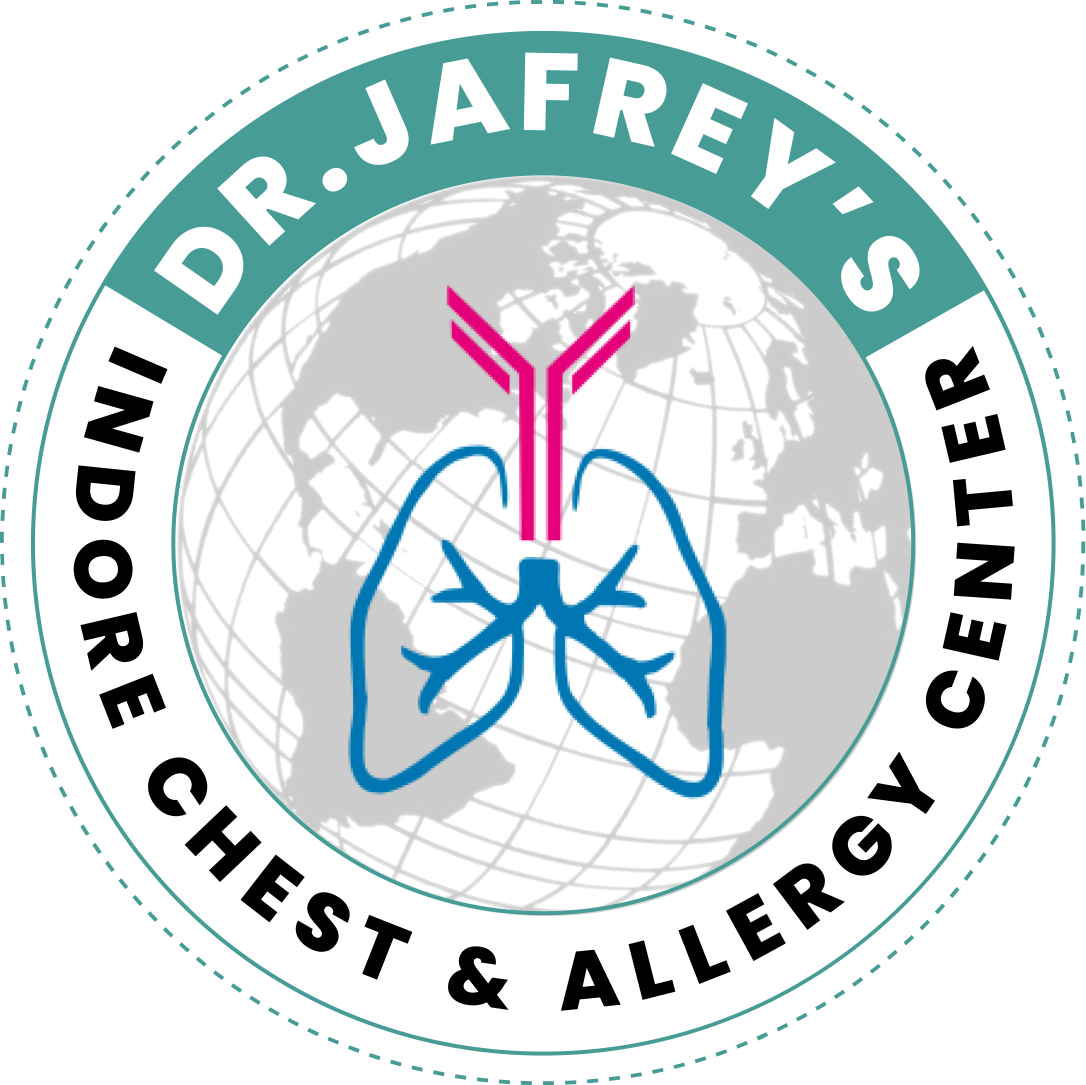Atopic Dermatitis
Asthma / Allergy Specialist / Lung & Respiratory Specialist

Comprehensive Care for Atopic Dermatitis
At Dr. S Z Jafrey Indore Chest & Allergy Center, we specialize in diagnosing and treating a wide range of allergic conditions, including Atopic Dermatitis. Our expert team is dedicated to providing personalized care to help you manage this chronic skin condition and improve your quality of life.
Understanding Atopic Dermatitis
Atopic Dermatitis, also known as eczema, is a chronic inflammatory skin condition that results in dry, itchy, and inflamed skin. It often begins in childhood but can occur at any age.
Symptoms of Atopic Dermatitis:
- Dry, scaly skin
- Red or brownish-gray patches
- Intense itching, which may worsen at night
- Small, raised bumps that may leak fluid and crust over when scratched
- Thickened, cracked, or scaly skin
- Raw, sensitive, or swollen skin from scratching
Common Triggers:
- Allergens (e.g., pollen, dust mites, pet dander)
- Irritants (e.g., soaps, detergents, fragrances)
- Stress
- Hormonal changes
- Environmental factors (e.g., cold, dry air)
- Certain foods (e.g., eggs, dairy, nuts)
Diagnosis and Treatment
At Dr. S Z Jafrey Indore Chest & Allergy Center, we use a comprehensive approach to diagnose and treat atopic dermatitis, focusing on alleviating symptoms and preventing flare-ups.
Diagnostic Process:
- Patient History: Detailed discussion of symptoms, triggers, and medical history.
- Physical Examination: Thorough examination of the skin to assess the extent and severity of the condition.
- Allergy Testing: Skin prick tests or blood tests to identify specific allergens that may trigger flare-ups.
Treatment Options:
- Topical Medications:
- Corticosteroids: To reduce inflammation and itching.
- Calcineurin Inhibitors: For sensitive areas such as the face and eyelids.
- Moisturizers: Regular application to keep the skin hydrated and prevent dryness.
- Antihistamines: To reduce itching and improve sleep.
- Immunomodulatory Agents: For moderate to severe cases that do not respond to other treatments.
- Phototherapy: Controlled exposure to ultraviolet (UV) light to reduce inflammation and improve symptoms.
- Systemic Medications: For severe cases, oral or injectable medications may be prescribed to control inflammation.
- Lifestyle Modifications:
- Avoiding Triggers: Identifying and avoiding known allergens and irritants.
- Skin Care Routine: Using gentle, fragrance-free products and taking lukewarm baths or showers.












